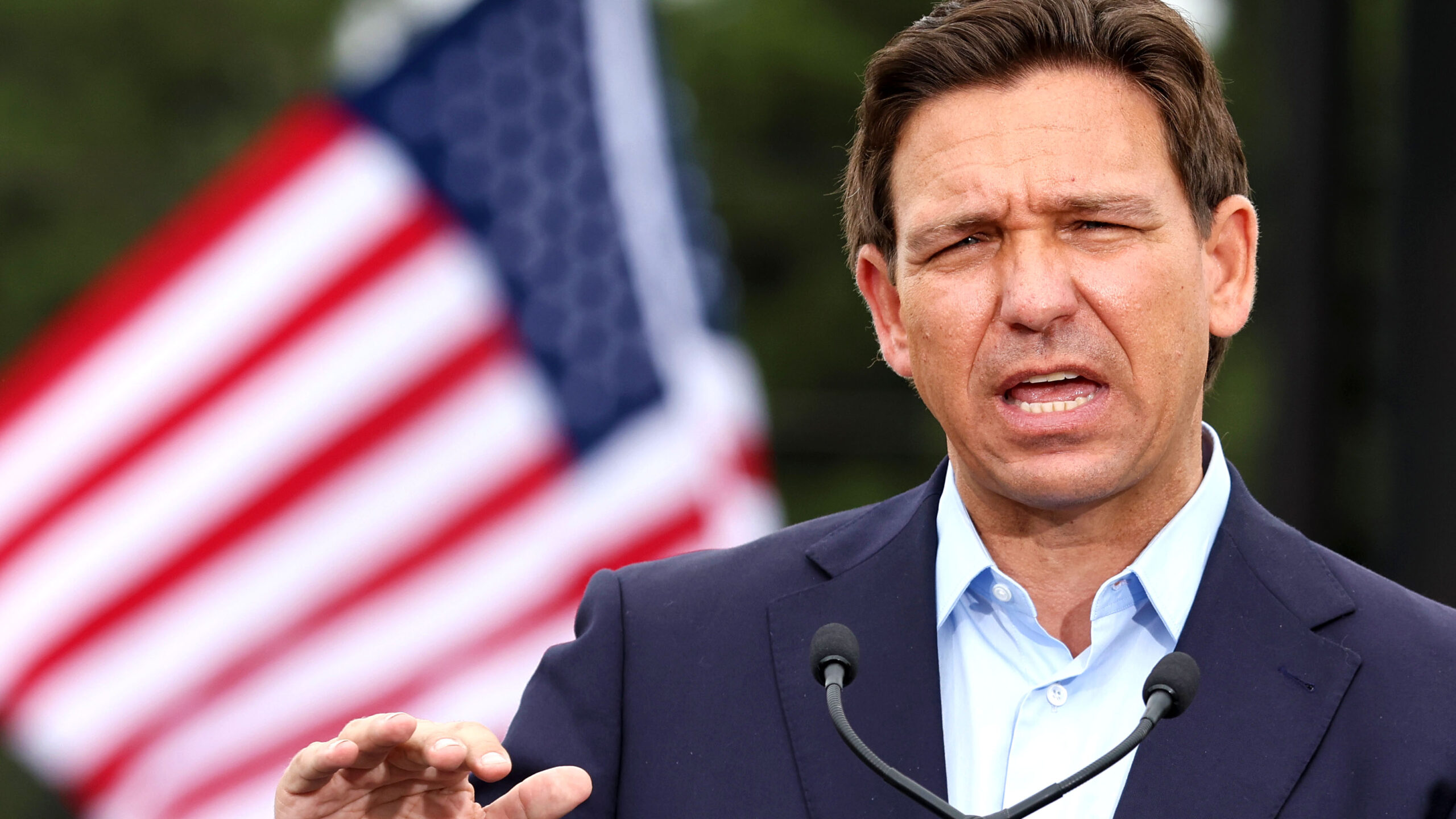Supreme Court overturns Trump’s Colorado ballot disqualification
The U.S. Supreme Court Hands Trump a Major Victory in Colorado Ballot Dispute
The U.S. Supreme Court delivered a significant win to Donald Trump as he campaigns to regain the presidency. In a unanimous decision, the court overturned a previous ruling that had excluded him from Colorado’s ballot due to his alleged involvement in inciting and supporting the Capitol attack on January 6, 2021.
The justices swiftly reversed the Colorado court’s decision to remove Trump from the state’s Republican primary ballot, citing the 14th Amendment of the U.S. Constitution as the disqualifying factor. This ruling paves the way for Trump to compete against Democratic President Joe Biden in the upcoming U.S. election on November 5.
Trump’s Path to the Nomination
As the frontrunner for the Republican nomination, Trump’s only remaining rival is former South Carolina Governor Nikki Haley. However, his eligibility had also been challenged in Maine and Illinois based on the 14th Amendment, with those decisions pending the Supreme Court’s ruling in the Colorado case.
A Challenge to Trump’s Eligibility
A group of six voters in Colorado, including four Republicans and two independents, challenged Trump’s eligibility in court. They portrayed him as a threat to American democracy and sought to hold him accountable for the Capitol attack. The plaintiffs received support from Citizens for Responsibility and Ethics in Washington, a liberal watchdog group.
A Timely Resolution
The Supreme Court’s ruling came on the eve of Super Tuesday, a crucial day in the U.S. presidential primary cycle. With lawsuits popping up across the country, it was essential for Trump’s candidacy to overcome any obstacles and secure a spot on the ballot in all 50 states.
Interestingly, the court’s handling of the Colorado dispute contrasted with its slower approach to Trump’s bid for immunity from criminal prosecution in a federal case related to his attempts to overturn the 2020 election results. Trump’s trial has been put on hold pending the Supreme Court’s decision, providing him with an advantage as he campaigns against Biden.
The Supreme Court’s Role
The Supreme Court, with its 6-3 conservative majority that includes three Trump appointees, has not played such a central role in a presidential race since the landmark Bush v. Gore case in 2000. This decision ultimately handed the disputed election to Republican George W. Bush over Democrat Al Gore.
The 14th Amendment and the Capitol Attack
The 14th Amendment’s Section 3 prohibits any “officer of the United States” who engaged in insurrection or rebellion against the Constitution from holding public office. In the case of Trump, his supporters’ attack on the Capitol, which he allegedly incited through his speech, led to his disqualification from the Colorado ballot.
Trump’s lawyer argued that the disqualification language does not apply to a president, that courts cannot enforce the provision without congressional legislation, and that the events of January 6 were shameful and criminal but not an insurrection.
The ballot disqualification drive has sparked controversy, with many Republicans decrying it as election interference, while proponents argue that holding Trump accountable for an insurrection is crucial for upholding democratic values.
What reasoning did the Supreme Court provide for its decision to overturn the ruling against Trump in the Colorado ballot dispute
H3>Arguments Presented
The plaintiffs argued that Trump’s involvement in inciting and supporting the Capitol attack was a clear violation of the 14th Amendment, which states that no person shall hold office if they have engaged in insurrection against the United States. They contended that Trump’s rhetoric and actions before and during the attack demonstrated his support for the insurrection and his failure to uphold his oath to protect the Constitution. They also maintained that allowing Trump to appear on the ballot would undermine the integrity of the electoral process and send a dangerous message that those who incite violence and threaten democracy are not held accountable for their actions. They warned that failure to disqualify Trump would set a dangerous precedent for future candidates seeking public office. In its unanimous decision, the Supreme Court reasoned that while the allegations against Trump were serious, the disqualification could only be based on substantial evidence of his direct involvement in the insurrection. The court acknowledged that there was insufficient evidence to conclusively prove Trump’s direct involvement in inciting or supporting the attack. The justices emphasized that the Constitution protects the right of individuals to participate in the democratic process, including running for public office. They asserted that the power to disqualify a candidate must be exercised cautiously to avoid disenfranchisement and infringement on individuals’ constitutional rights. Furthermore, the court highlighted the importance of resolving any doubts in favor of inclusion, particularly in cases involving high-profile individuals and significant political ramifications. They concluded that absent clear evidence of Trump’s direct involvement, the presumption of eligibility must prevail. The Supreme Court’s decision represents a significant victory for Trump’s re-election campaign. It not only ensures his inclusion on the Colorado ballot but also sets a precedent for his eligibility in other pending cases across the country. While the plaintiffs argued that disqualifying Trump would uphold the values of democracy and accountability, the court’s ruling emphasizes the importance of due process and the presumption of innocence. It sends a message that accusations alone are insufficient to bar an individual from participating in the electoral process. The decision may have broader implications for future election challenges, particularly in cases where allegations of wrongdoing are not supported by substantial evidence. It reinforces the need for a rigorous legal standard to disqualify candidates and protects the fundamental right of individuals to participate in the democratic process. The U.S. Supreme Court’s unanimous decision to overturn the ruling against Donald Trump in the Colorado ballot dispute is a significant victory for his campaign. It reaffirms the principle of due process and the presumption of innocence, highlighting the importance of substantial evidence when disqualifying a candidate from appearing on the ballot. While critics argue that this decision undermines accountability and the integrity of the electoral process, the court’s ruling underscores the need to balance competing interests and protect individuals’ constitutional rights. It sets a precedent for future election challenges and emphasizes the importance of a rigorous legal standard in disqualifying candidates. With this major victory in hand, Trump can now focus on his campaign against President Joe Biden in the upcoming U.S. election, where the American people will ultimately decide their next leader.The Supreme Court’s Decision
The Implications
Conclusion
" Conservative News Daily does not always share or support the views and opinions expressed here; they are just those of the writer."





